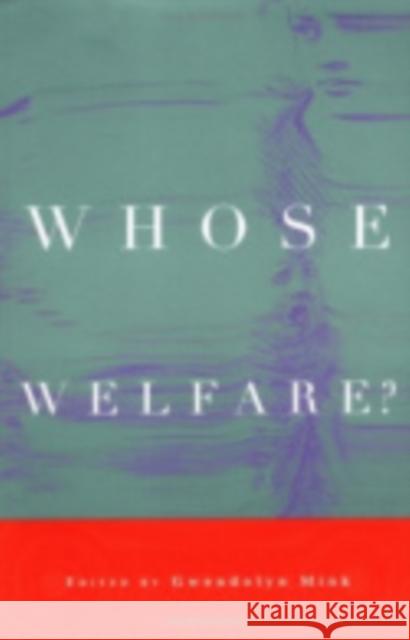Whose Welfare?: The Albany Congress of 1754 » książka
Whose Welfare?: The Albany Congress of 1754
ISBN-13: 9780801486203 / Angielski / Miękka / 1999 / 288 str.
Over the past few decades, the goal of welfare reform has been to move poor families off of welfare, not necessarily out of poverty. By that criterion, the Personal Responsibility and Work Opportunity Act of 1996 has been successful indeed: throughout the nation, millions have vanished from the welfare rolls. But what has been the cost of this" success" to the women and children who were the overwhelming majority of recipients?
Here a group of distinguished feminist scholars examines the causes and the impact of recent changes in welfare policy. Some of the authors trace the politics of welfare from the 1960s, emphasizing how attitudes toward "motherwork" and "working mothers" have evolved in the backlash against poor women's motherhood. Several other authors consider the effects of the new welfare policy on employment and wages, on the lives of noncitizen immigrants, on poor women's ability to escape domestic violence, and on their reproductive and parental rights. A third set of authors explores dependency and caregiving, along with the role of feminist thinking on these issues in the politics of welfare.
Whose Welfare? concludes with a historical analysis of activism among poor women. illuminating that legacy, the volume challenges readers to build progressive agendas from the demands and actions of poor and working-class women.











